Stella Young of Ramp Up explains the Social Model of Disability, Inspiration Porn, and the lie we’ve been sold about disability in this nine minute TED Talk.
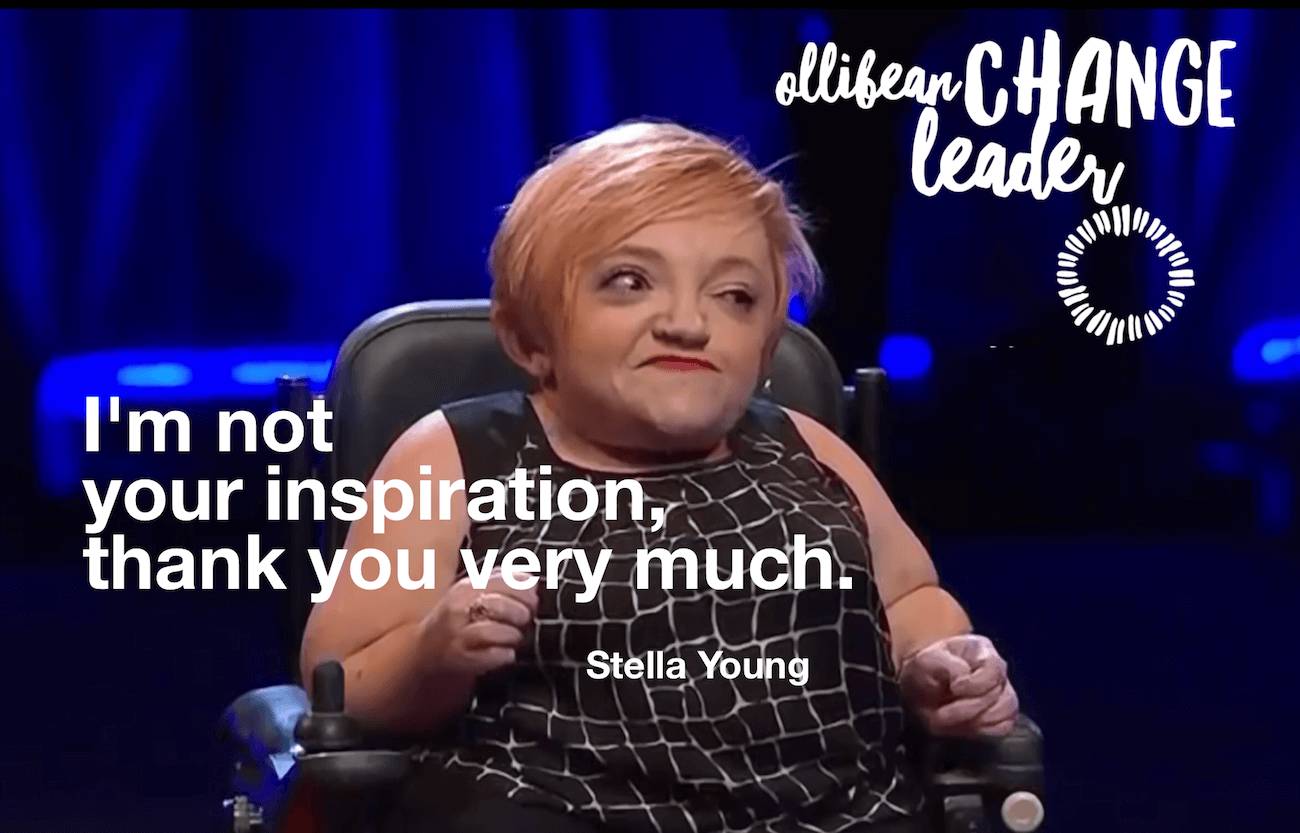
Why The Lie We’ve Been Sold About Disability Is The Greatest Injustice
2024-08-01T14:33:56+00:00By Ollibean|Ableism, blog, Disability Rights Leaders, General, Henry Recommends, Ollibean Thought Leaders, Think Tank, Video, Videos|4 Comments
About the Author: Ollibean
Ollibean is a dynamic community of parents, families and advocates in the disability community working together for a more socially just, accessible and inclusive world.

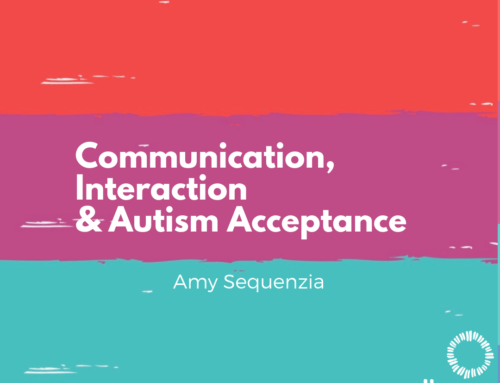
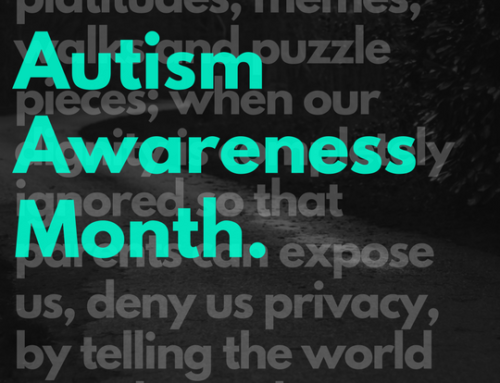
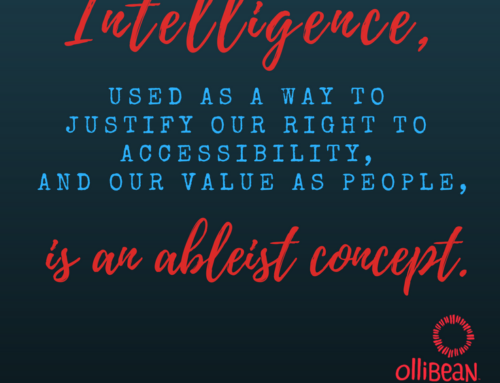
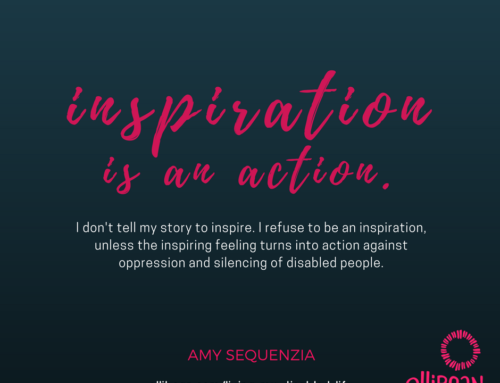
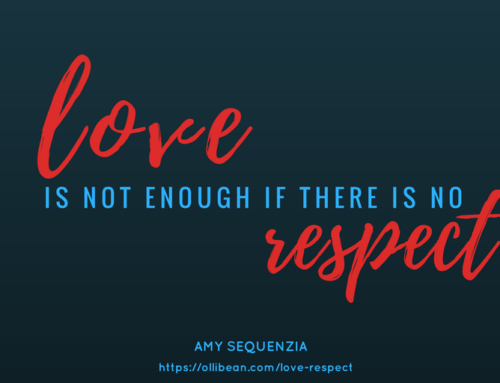
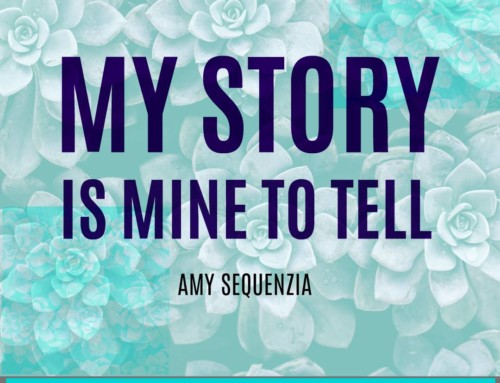
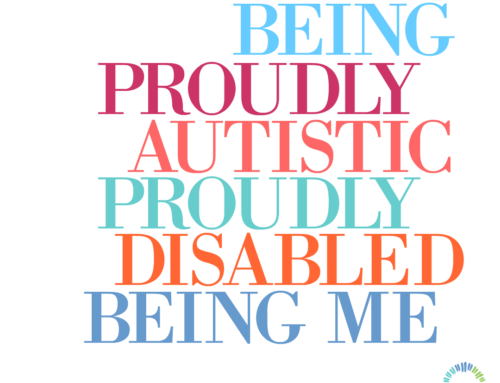
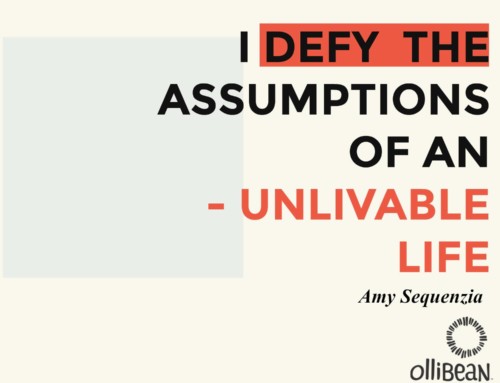
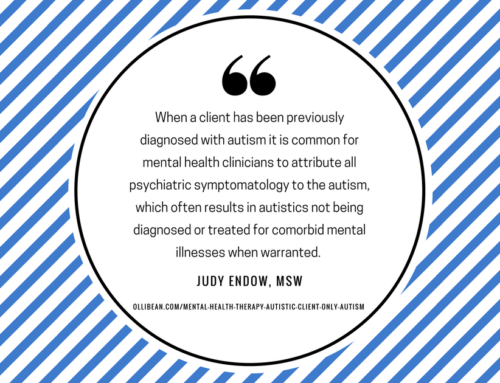
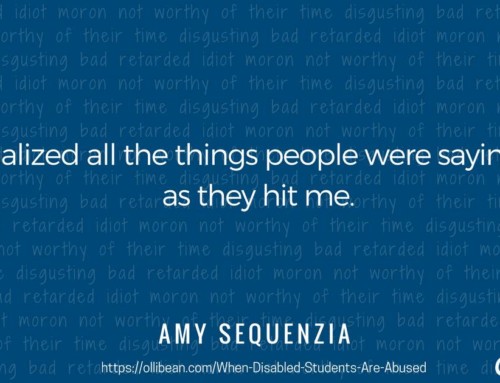

This is really good!
Thank you for sharing your story – the message needs to be heard wide and far!
Excellent. I absolutely hate the quote “Attitudes are the real disability.” That’s like saying attitudes are the real Jewishness or Asianness. If I were to spout that kind of lie I would be considered a racist but if I said attitudes are the real disability people would applaud me. I completely agree that we are inspirational for overcoming social prejudices and pressures, not for remembering our names, which is ridiculous to be remembered for if your in a wheelchair. It’s like people confuse that with having Alzheimers. They’re two completely different things. Namaste.
I’m sorry, Stella, but you are my inspiration. Not because of having made achievements ‘despite your disability’ (whatever that means), but simply because you have stood, and continue to stand, up for your rights and the rights of other disabled people. It’s because of you and others like you that I am a Neurodiversity advocate in the broadest sense of the word ‘neurodiversity’.